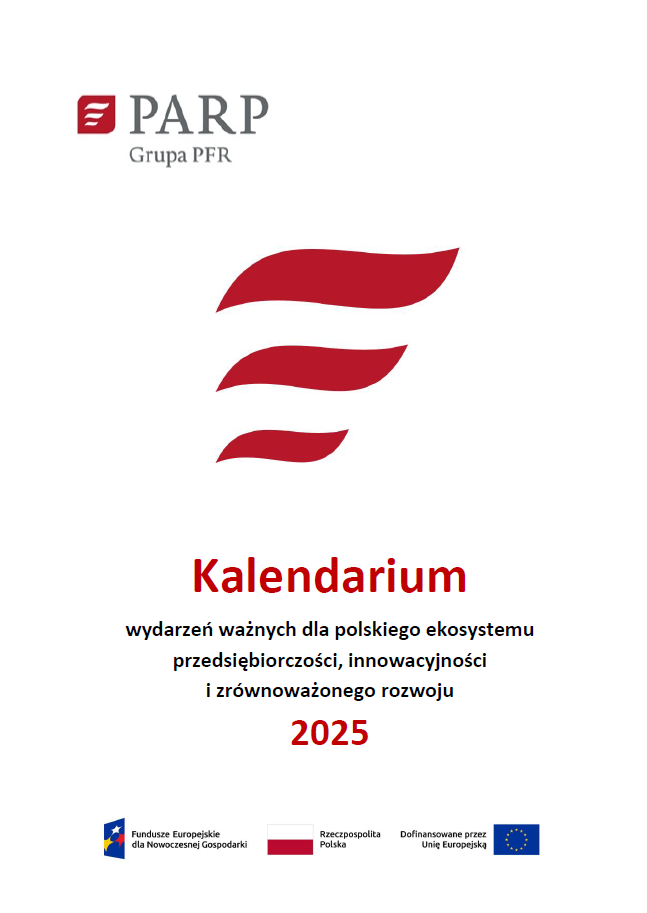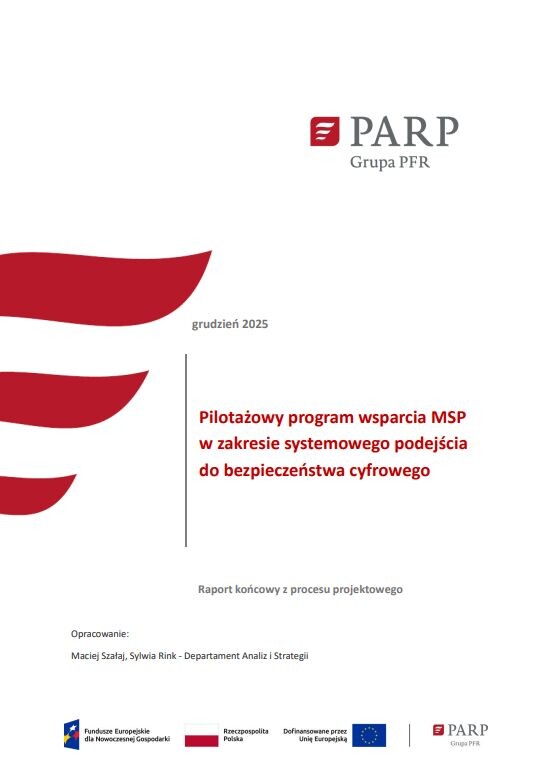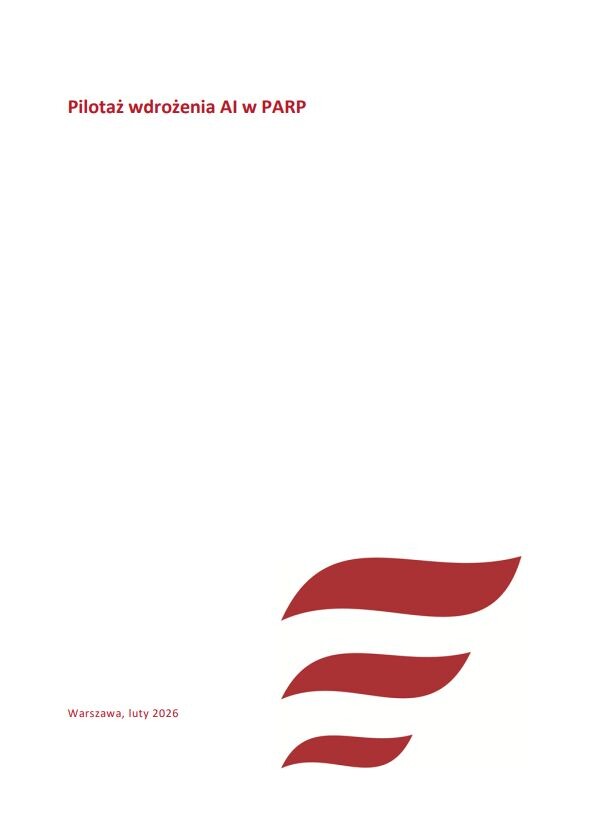Udzielamy informacji o programach pomocowych realizowanych przez PARP.
Autorzy: Szymon Czarnik, Konrad Turek, Krzysztof Kasparek, Mateusz Magierowski, Anna Szczucka, Barbara Worek, Magdalena Jelonek, Patrycja Antosz, Anna Balcerzak-Raczyńska, Marcin Kocór, Anna Strzebońska, Jarosław Górniak
Key results of the fourth round of the BKL Study in 2013 (EN)
Seria: Study of Human Capital in Poland
Rodzaj publikacji: Report
Rok wydania: 2014
Język: EN
ISBN: 978-83-7633-297-0
Pobierz wybrany format publikacji:
We have the pleasure of presenting the key results of the 4th round of the Study of Human Capital in Poland (the BKL Study). The publication presents a synthetic image of the Polish labour market. One of its most significant features is the mismatch between the supply of and demand for competences. This is especially upsetting, because many people remain unemployed for long periods of time, but employers still encounter significant problems with finding appropriate candidates. The most sought-after competences still include selforganisation, interpersonal skills, and occupation-specific competences. This means that Poles must be encouraged to develop their competences, and public interventions must be designed in a manner that would reduce the problem of mismatch.
As suggested by the data collected in the course of BKL Study, the main motivation for learning activity is work-related. Therefore, it is important that the employers not only enable their employees to develop their qualifications, but also encourage them. Unfortunately, the results of all the Study rounds indicate that most employers lack the strategic approach to personnel development, and any activities they undertake are purely incidental.
The institutions that shape the labour market policy in Poland face numerous challenges. One of the most important ones is the creation of conditions that would be supportive for business activity and for ensuring personnel with appropriate potential for the Polish entrepreneurs.
Spis treści
1. The Study of Human Capital in Poland – the largest study of the labour market in Poland
2. Students in Polish schools
3. Students – future employees of the Polish economy
4. Occupational activity and education of Poles
5. Lifelong learning
6. Employers on the labour market
7. Challenges for the Polish economy
Inne publikacje, które mogą Cię zainteresować











